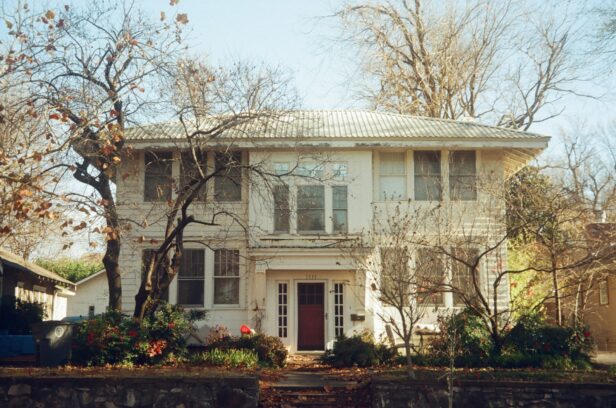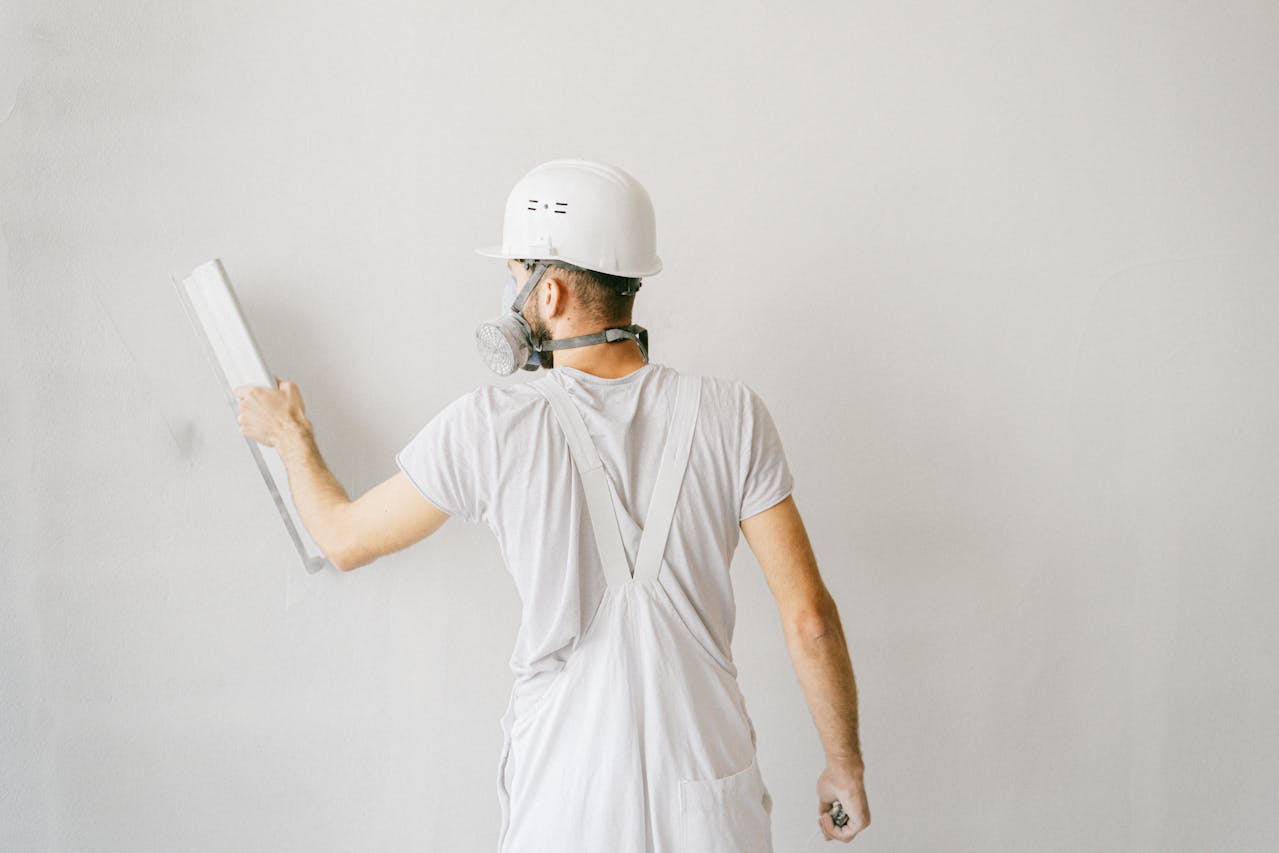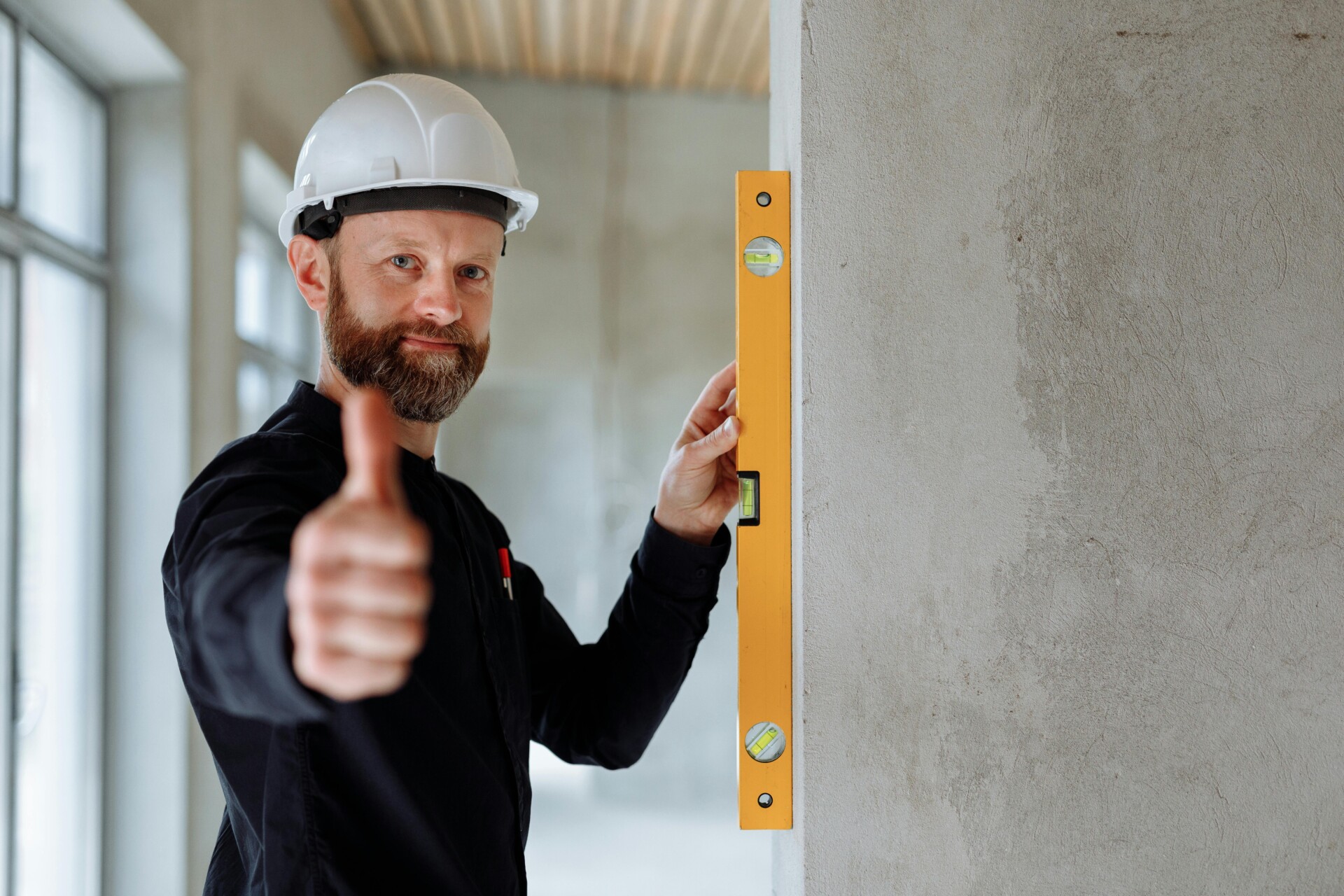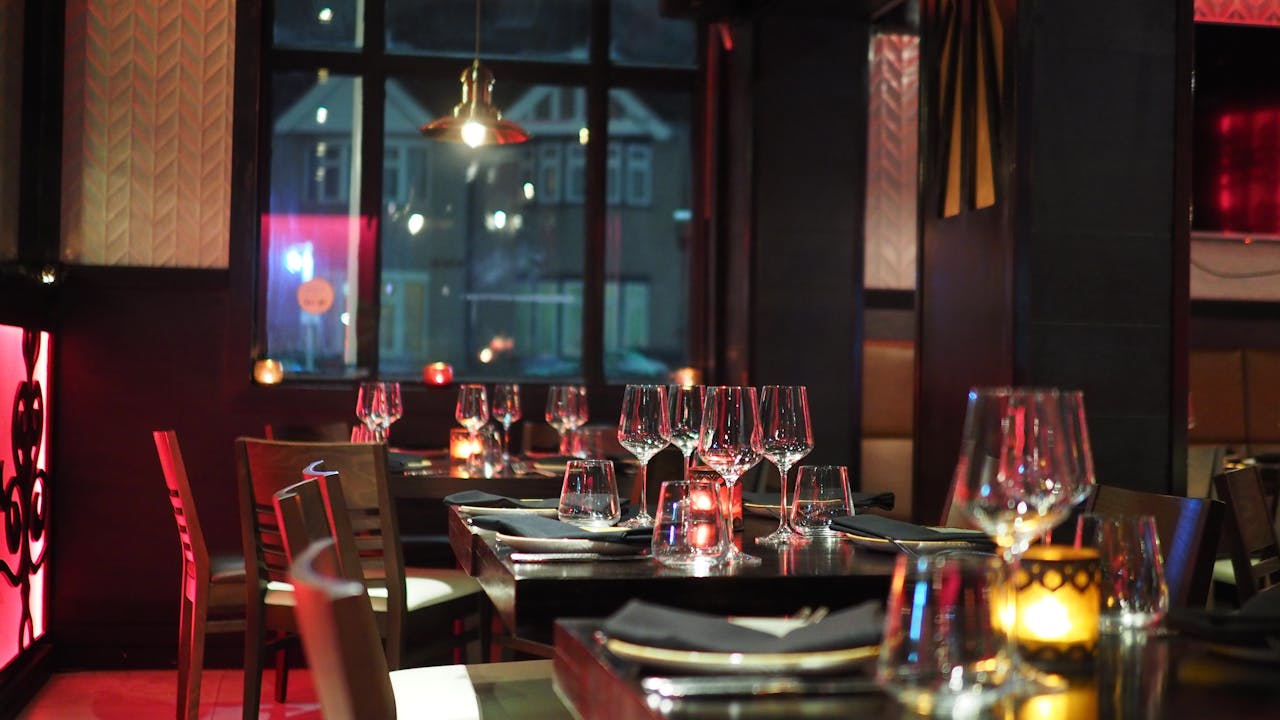When developers and property owners approach us about building in Dallas, their first question is almost always about cost. We currently see construction costs in Dallas ranging from $110 to $210 per square foot, with the final price largely depending on the chosen construction grade. The market presents both challenges and opportunities for new construction projects in the Dallas area.
Through our extensive work with Dallas developers, we have identified three distinct pricing tiers: standard grade construction at $110-$140 per square foot, premium grade at $140-$170, and luxury grade finishing at $170-$210 per square foot. These figures represent core construction costs only, excluding land acquisition, site preparation, permitting, and other soft costs that factor into your total investment. With material costs experiencing volatility since 2022 and labor markets remaining tight, accurate budgeting is more crucial than ever.
The median construction cost for homes we build in Dallas now hovers around $263,400, reflecting approximately a 16% increase over the past few years. This upward trajectory stems from supply chain disruptions, increased material costs, and labor shortages affecting the entire construction sector. For developers looking to maximize returns while navigating these market conditions, we recommend early planning and strategic material selection to mitigate price fluctuations during the construction process.
What Factors Influence Home Building Costs in Dallas?
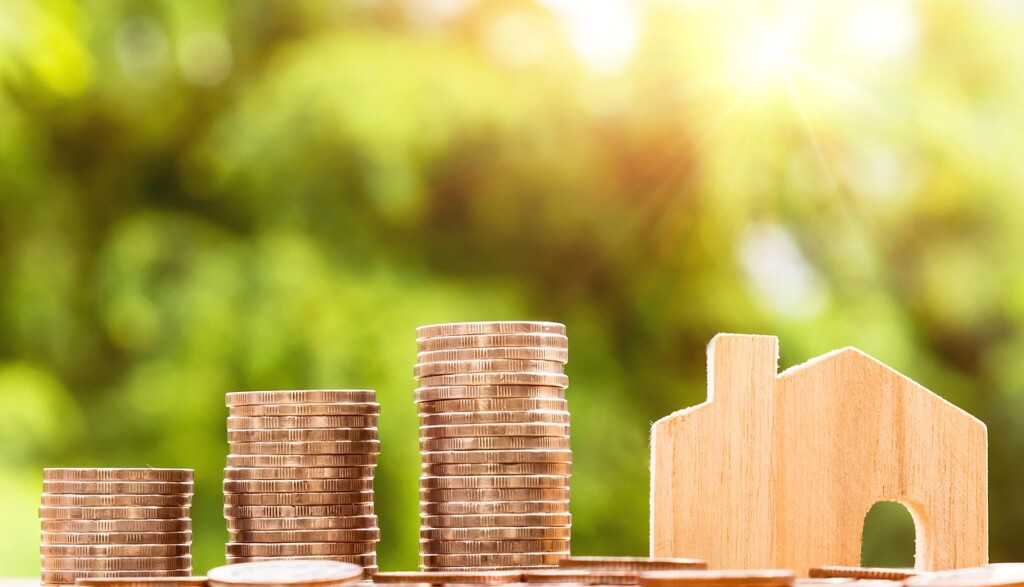
When constructing homes in Dallas, numerous variables impact the final project cost. Understanding these factors allows us to provide more accurate budgets for our clients and identify opportunities for cost management throughout the construction process.
Factors That Increase Construction Costs
Multi-story designs typically drive up construction expenses significantly. Additional structural requirements, more complex framing, and staircases contribute to higher material and labor costs. We’ve noted that multi-story projects can increase costs by 15-20% compared to similar-sized single-level homes.
Complex roof structures enhance aesthetic appeal but present budgetary challenges. In Dallas’s high-wind environment, intricate roof designs with multiple valleys, dormers, and varied pitches require advanced engineering, additional materials, and specialized labor. These features can increase roofing costs by 25-30% over simple gable or hip roof designs.
Premium amenities such as swimming pools, outdoor kitchens, and expansive decks significantly impact overall project costs. Incorporating these elements requires coordinating additional subcontractors, obtaining separate permits, and often extending the construction timeline – all factors affecting the bottom line.
Location and Site Considerations
The physical characteristics of your building lot play a crucial role in construction costs. Challenging sites that require extensive preparation before building can increase foundation costs by 10-15% and may necessitate specialized equipment and engineering solutions.
Neighborhood selection impacts more than just land costs. Premium Dallas neighborhoods like Preston Hollow or Lakewood often have stricter architectural guidelines, more complex permitting processes, and higher subcontractor costs. We typically see a 20-30% construction premium in these areas compared to developing neighborhoods on the city’s outskirts.
Builder backlogs also influence pricing and timelines. During high-demand periods, particularly following the pandemic-related construction boom, many contractors have implemented surge pricing. We have observed subcontractor costs increase by 5-10% during these high-demand periods due to labor shortages and scheduling constraints.
Design and Material Selections
Custom architectural designs offer personalized solutions but come with significant cost implications. Developing truly custom homes rather than adapting existing plans incurs additional architectural fees, engineering costs, and often more complex construction challenges requiring specialized problem-solving.
Material selections dramatically impact overall costs. While standard-grade materials might meet building code requirements, higher-end finishes like imported stone, custom cabinetry, and premium fixtures can double or triple the cost of specific components. These selections multiply across many decision points throughout the construction process.
Regulatory requirements in Dallas and surrounding municipalities create additional compliance costs. Navigating energy codes, drainage requirements, tree preservation ordinances, and neighborhood-specific design guidelines adds layers of complexity and cost to projects.
Cost-Saving Opportunities
Single-story designs often offer cost efficiencies through simplified framing, reduced scaffolding needs, and more straightforward mechanical systems. While they require larger lots, the per-square-foot construction costs are typically 10-15% lower than multi-story equivalents.
Simplified roof structures reduce material costs, minimize labor expenses, and reduce potential leak points. Homes designed with straightforward roof geometries can achieve significant savings while maintaining architectural appeal through other design elements.
Pre-designed plans offer substantial savings compared to custom designs. By adapting existing plans rather than starting from scratch, we reduce architectural fees and benefit from proven construction methods refined through previous builds. This approach typically saves 3-5% on overall project costs.
Strategic material selection provides one of the most flexible cost-control mechanisms. We help clients identify where premium materials create the most impact and where standard options perform adequately. This balanced approach often yields 10-15% savings while maintaining the home’s overall quality and aesthetic appeal.
Constructing multiple homes in the same neighborhood brings economies of scale into play. Reduced mobilization costs, bulk material purchasing, and efficient crew scheduling can generate 5-8% savings across projects.
| Cost Factor | Details | Impact on Costs |
|---|---|---|
| Base Construction Costs | Standard grade: $110-$140 per sq ft; Premium grade: $140-$170 per sq ft; Luxury grade: $170-$210 per sq ft | Core construction costs excluding land, permits, and soft costs |
| Square Footage | Costs higher for larger homes due to complexity | $263,400 average construction cost per home |
| Multi-story Homes | Additional structural requirements | 15-20% cost increase |
| Complex Roof Structures | Multiple valleys, dormers, and pitches | 25-30% cost increase over simpler designs |
| Premium Amenities | Swimming pools, outdoor kitchens, decks | Significant project cost impact |
| Site Challenges | Steep slopes, poor soil conditions | Foundation costs increase by 10-15% |
By understanding these influential factors, we help our clients make informed decisions throughout the planning and construction process. Each project represents a unique balance of design ambitions, practical requirements, and budget considerations that we carefully manage from groundbreaking through completion.
How Do Construction Costs Compare in Different Dallas Neighborhoods?
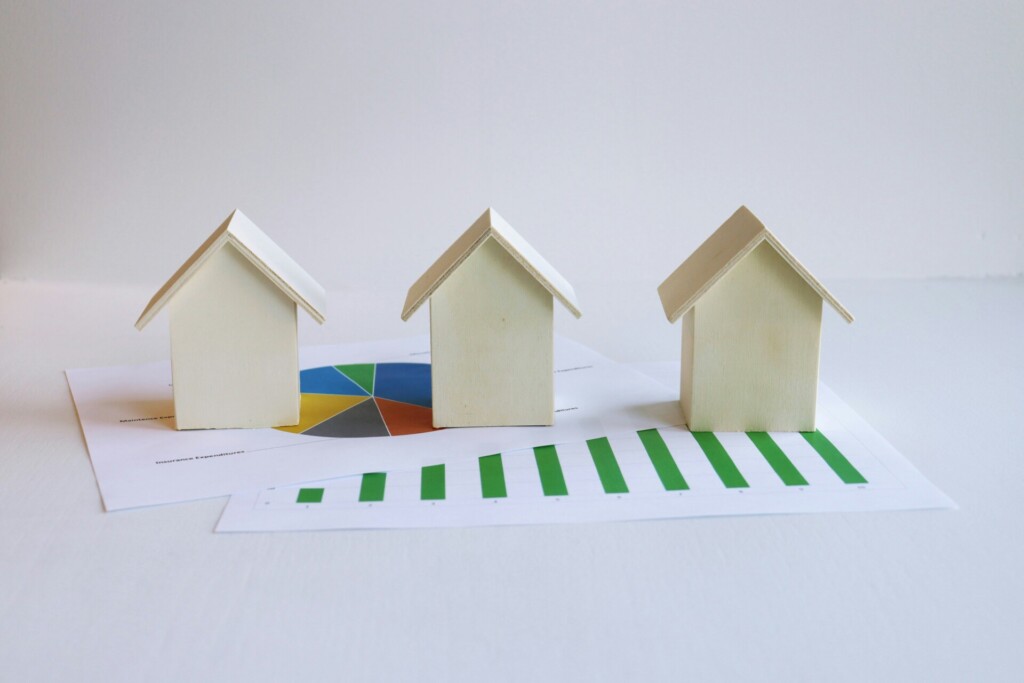
Construction costs in Dallas exhibit distinct neighborhood patterns that significantly affect project planning and budgeting. As a general contractor serving developers and property owners throughout the metroplex, we’ve observed notable variations across Dallas neighborhoods that influence overall project feasibility.
Premium Construction Zones
Knox Henderson remains one of Dallas’ most expensive construction areas, with median home values of $485,000 reflecting a 12.8% increase over the previous year. The neighborhood’s popularity among affluent professionals has fueled substantial demand for high-end construction and renovations. Projects in Knox Henderson typically require premium finishes and architectural details that match the neighborhood’s upscale character.
Old East Dallas follows closely with median values of $480,000, showing an even more dramatic 21.5% increase. This historically significant area presents unique challenges due to its mix of heritage structures requiring specialized restoration alongside new construction projects. Established neighborhood site constraints often necessitate creative solutions for staging, deliveries, and construction sequencing.
Vickery Place is a notable outlier in the premium category, where home values reach $650,000 but experienced a 20.4% decrease compared to the previous year’s figures. This countertrend requires careful budget consideration when planning construction here.
Mid-Market Construction Areas
Main Street District offers more moderate construction costs with median values of $312,684 and a modest 4.8% increase. This downtown-adjacent location presents its challenges, particularly regarding site access, municipal approvals, and coordination with neighboring properties. Projects here often involve urban infill development requiring specialized site logistics planning.
Riverway Estates-Bruton Terrace reflects another mid-tier option at $203,000 with a 14.7% increase. Construction in these transitional neighborhoods often involves balancing cost-effective building systems with market-appropriate finishes and amenities.
Value-Conscious Construction Opportunities
Highland Hills offers more economical construction opportunities with median values of $196,000, showing a remarkable 41% increase that signals growing demand. South East Dallas presents similar value at $180,000 with a 12.5% increase. These areas allow for innovations that maximize square footage while maintaining quality at accessible price points.
During the pandemic recovery, material and labor shortages have affected all neighborhoods, though the impact varies by location. Premium neighborhoods can typically absorb higher costs, while projects in value-conscious areas require more creative value engineering to maintain affordability.
Surrounding Cities Construction Cost Comparison
The construction landscape extends beyond Dallas proper into surrounding cities, each with distinct cost profiles. Keller tops the list at $623,201, followed by Plano ($463,500), Cedar Hill ($416,206), and Irving ($391,353.50). The average value across these areas is $473,565.23, reflecting significant regional variation.
These cities present different regulatory environments that impact construction schedules and costs. Permitting timelines vary, with Dallas often requiring up to six weeks for approval compared to one to two weeks in neighboring municipalities. This timing difference directly affects project carrying costs and financing considerations.
| Neighborhood/City | Median Home Value | Annual Value Change (%) |
|---|---|---|
| Knox Henderson | $485,000 | 12.8% |
| Old East Dallas | $480,000 | 21.5% |
| Vickery Place | $650,000 | -20.4% |
| Main Street District | $312,684 | 4.8% |
| Riverway Estates-Bruton Terrace | $203,000 | 14.7% |
| Highland Hills | $196,000 | 41% |
| South East Dallas | $180,000 | 12.5% |
| Keller | $623,201 | |
| Plano | $463,500 | |
| Cedar Hill | $416,206 | |
| Irving | $391,353.50 |
Rising construction costs pose a consistent challenge across all areas. Industry professionals report increases between 16-30% in recent years, with material prices showing the most volatility. Lumber, steel, and concrete have seen particularly significant fluctuations, necessitating flexible budgeting regardless of neighborhood.
Labor availability also influences neighborhood cost profiles. Higher-end neighborhoods with more complex construction specifications often compete for skilled trades, driving labor costs upward. We address this through established subcontractor relationships and strategic scheduling to ensure project continuity in all market segments.
What Additional Costs Should You Budget For?

When we develop comprehensive construction budgets for our clients in Dallas, we emphasize looking beyond the base construction costs. The sticker price of your home is only part of the equation. To avoid budget surprises during your project, we help developers and property owners account for several crucial additional expenses that impact your bottom line.
Land Acquisition and Site Preparation
Land costs in Dallas vary dramatically based on location, with current prices averaging around $29,800 per acre according to recent market data. Premium locations near downtown or established neighborhoods like Highland Park command significantly higher prices than developing areas. Once purchased, site preparation adds another layer of expense, typically ranging from $1,500 to $3,000 for basic clearing and leveling.
We’ve noticed sites with challenging topography or poor soil conditions can increase foundation costs by 15-20% compared to flat, easy-access properties. Water and sewer inspections add another $270 to $1,737 to your budget. These site-related expenses are often overlooked in initial budget planning but prove significant in the final analysis.
Architectural and Design Services
Quality design drives successful projects but requires appropriate budget allocation. Full architectural services typically range from $15,000 to $80,000, representing approximately 5-20% of total construction costs. For base design and documentation services, we typically see fees between $6 and $10 per square foot of total building area, varying with project size and complexity.
Design services for interior specifications and material selections average $95.41 per hour. More involved design work with detailed drawing sets can raise these costs to 8-12% of total building costs. While these fees represent a substantial investment, proper design planning significantly reduces costly changes during construction and creates more functional, valuable spaces.
Permitting and Regulatory Costs
The permitting process in Dallas has become increasingly complex and time-consuming in recent years. Most projects start with a master permit fee of $100, but this barely scratches the surface. Site plan reviews add approximately $50 per square foot, with final costs dependent on your project’s size and complexity.
For a standard Dallas home, permit and inspection fees typically range from $3,000 to $6,000. Beyond the basic building permit (averaging $1,500), you’ll need specific system permits including HVAC ($250-$400), plumbing ($50-$500), and electrical ($10-$500). We’ve observed permitting timelines extending from weeks to several months, potentially adding carrying costs to your project budget.
Property Amenities and Enhancements
Given Dallas’s hot climate, pools represent one of the most popular property enhancements we coordinate for clients. Costs range dramatically based on your preferences, from $1,000 for basic above-ground options to $78,000 for luxury inground pools with custom features. Labor for pool installation varies from $2 to $6 per square foot for inground options, while above-ground pool labor shouldn’t exceed $3,500.
Other popular outdoor amenities in Dallas include covered patios and outdoor kitchens, which typically add $15,000 to $50,000 to your budget but provide significant lifestyle benefits and property value. Smart home technology integration is another increasingly common enhancement, adding $5,000 to $30,000 depending on the sophistication of the systems.
| Cost Component | Average Cost | Notes |
|---|---|---|
| Land Acquisition | $29,800 per acre | Varies by location |
| Site Preparation | $1,500 – $3,000 | For basic clearing and leveling |
| Architectural Services | $15,000 – $80,000 | 5% – 20% of total construction costs |
| Permit and Inspection Fees | $3,000 – $6,000 | Includes site plan reviews and system permits |
| Pool Installation | $1,000 – $78,000 | Varies with type and size |
| Outdoor Amenities | $15,000 – $50,000 | Includes patios and kitchens |
| Smart Home Technology | $5,000 – $30,000 | Depends on the sophistication of installations |
Financing and Carrying Costs
Construction financing introduces another category of expenses. Construction loans typically charge 1-2% higher interest rates than conventional mortgages. We recommend budgeting for approximately 9-12 months of construction loan interest, as this represents the typical timeline for Dallas residential projects from groundbreaking to completion.
Property taxes during construction, temporary utilities, construction insurance, and security measures all add to your carrying costs. While individually modest, these expenses collectively account for 3-5% of your total project budget and should be incorporated into your financial planning from the outset.
Is It Cheaper to Build or Buy a House in Dallas?
The financial considerations between building and buying in Dallas present a clear picture in 2023. When analyzing the numbers, purchasing an existing home typically offers greater cost efficiency than new construction. Our construction management team often explains to clients that new builds in Dallas average $447,500 for basic construction costs alone. This investment quickly climbs beyond $550,000 once we factor in land acquisition at approximately $29,800 per acre, permitting fees, site preparation, and infrastructure connections.
Beyond the financial investment, the timeline difference is substantial. From breaking ground to completion, custom home construction typically requires 9-12 months, considering material deliveries, inspection schedules, and weather conditions. This extended timeline not only affects your move-in date but also results in carrying costs many first-time builders do not anticipate.
The existing home market in Dallas presents a compelling alternative. With a median price of $410,000 and numerous properties available under $300,000, buyers can achieve immediate ownership at lower entry points. The purchase process generally concludes within 1.5-2 months, allowing for faster occupancy and eliminating extended periods of paying both construction costs and current housing expenses simultaneously.
The Value of Customization
While cost considerations favor buying, we regularly work with clients who prioritize customization above all else. Building offers the unmatched ability to design spaces that align perfectly with specific needs. Whether creating purpose-built home offices, specialized kitchen configurations, or accessibility features, these customizations deliver long-term utility that can justify the additional investment for many property owners.
The current Dallas market has seen a 27.7% increase in homes with price reductions, creating additional buying leverage in existing properties. However, when clients approach us with specific structural or design requirements, we often find that the premium for new construction delivers value through avoided renovation costs and perfect alignment with lifestyle requirements.
We’ve observed that renovation costs for significant structural changes to existing properties can quickly diminish the initial savings compared to new construction. For property owners with precise spatial requirements or specialized needs, the initial premium of building often pays dividends through avoided compromise and future renovation expenses.
| Category | Building | Buying |
|---|---|---|
| Average Home Price | $447,500 (construction only) | $410,000 (median) |
| Land Costs | ~$29,800 per acre | Included in purchase price |
| Construction Time | 9–12 months | 1.5–2 months (purchase process) |
| Customization | High | Limited |
| Immediate Occupancy | No | Yes |
| Price Variability | Material and labor costs fluctuate | Market price driven by supply/demand |
| Long-term Value | High customization benefit | Possibly requires renovations |
When weighing long-term satisfaction against immediate financial considerations, we help clients evaluate their priorities across both options. Buyers requiring immediate occupancy and prioritizing established neighborhoods typically find greater value in existing homes. Meanwhile, clients with specific design requirements and flexible timelines often determine the customization benefits of new construction outweigh the additional costs and timeline.
Conclusion: Planning Your Dallas Home Construction Budget
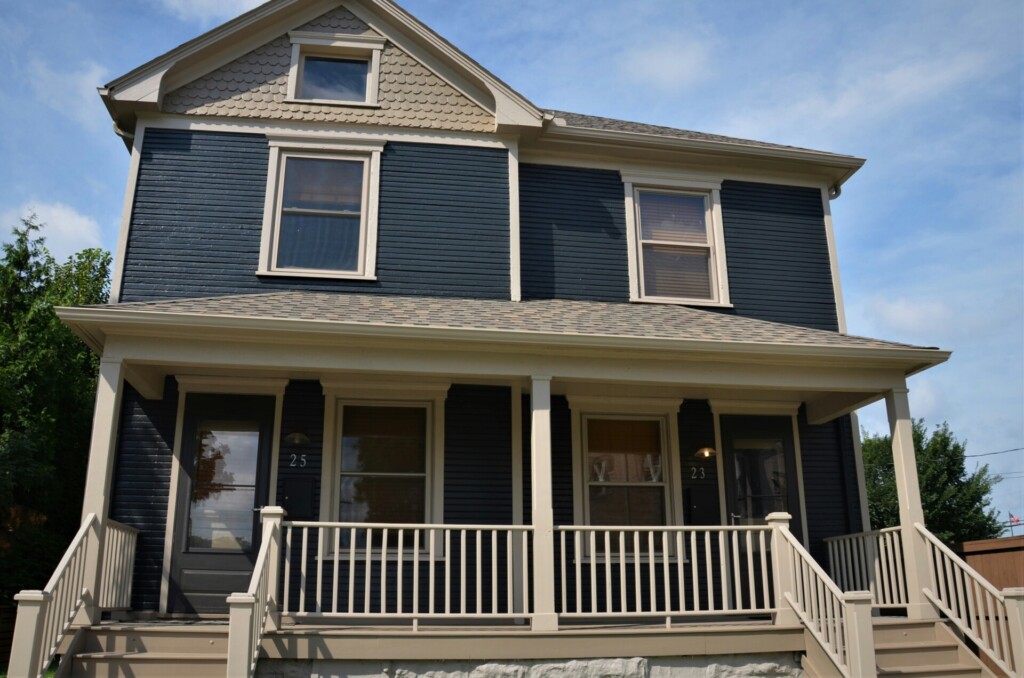
Building a custom home in Dallas requires careful financial planning and a realistic understanding of the local construction landscape. As discussed, costs typically range from $110-$210 per square foot for basic construction, with total project expenses rising based on location, material choices, and desired customization. Many of our clients benefit from establishing a comprehensive budget that includes not only construction costs, but also land acquisition, permit fees, design services, and a robust contingency fund.
When we collaborate with property owners to develop their budget, we emphasize the importance of understanding the full financial picture. The current Dallas construction market presents unique challenges, with permitting timelines often extending to 6-8 weeks and material costs fluctuating due to supply chain variables. We recommend allocating a 10-15% contingency buffer to account for these uncertainties. The recent 16% increase in construction costs across the Dallas-Fort Worth metroplex highlights the need for this financial cushion.
While building a custom home generally requires a larger investment than purchasing an existing property, the long-term value often justifies the initial expense. Clients who build custom homes typically report higher satisfaction, as every detail from floor plan to finish reflects their specific needs and preferences. The incorporation of energy-efficient systems and modern building techniques can also result in lower operational costs over time.
Before finalizing your plans, we strongly advise consulting with multiple builders and architects who specialize in your desired neighborhood and home style. Their expertise will provide more accurate cost projections based on current market conditions. Additionally, working with a construction lender familiar with Dallas building timelines will help ensure your financing aligns with your project schedule.
Ready to turn your custom home vision into reality? Contact us at EB3 Construction for a personalized consultation on your Dallas home construction budget.

